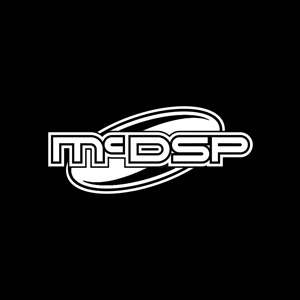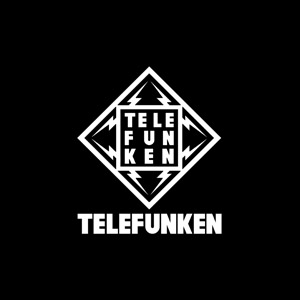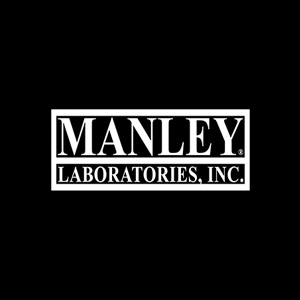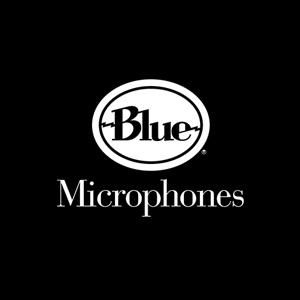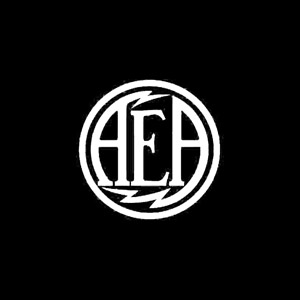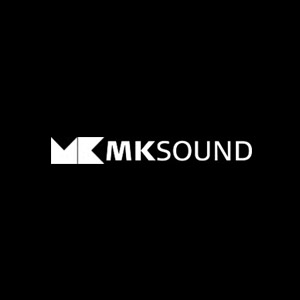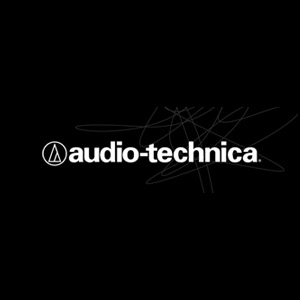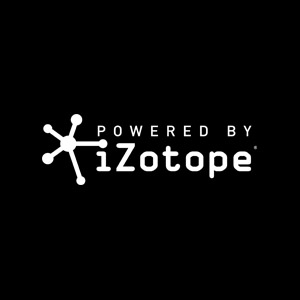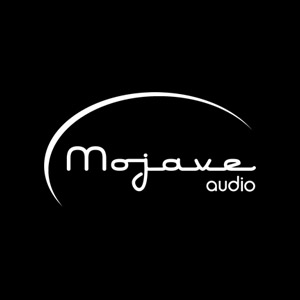CRAS Grad Panel Part 4
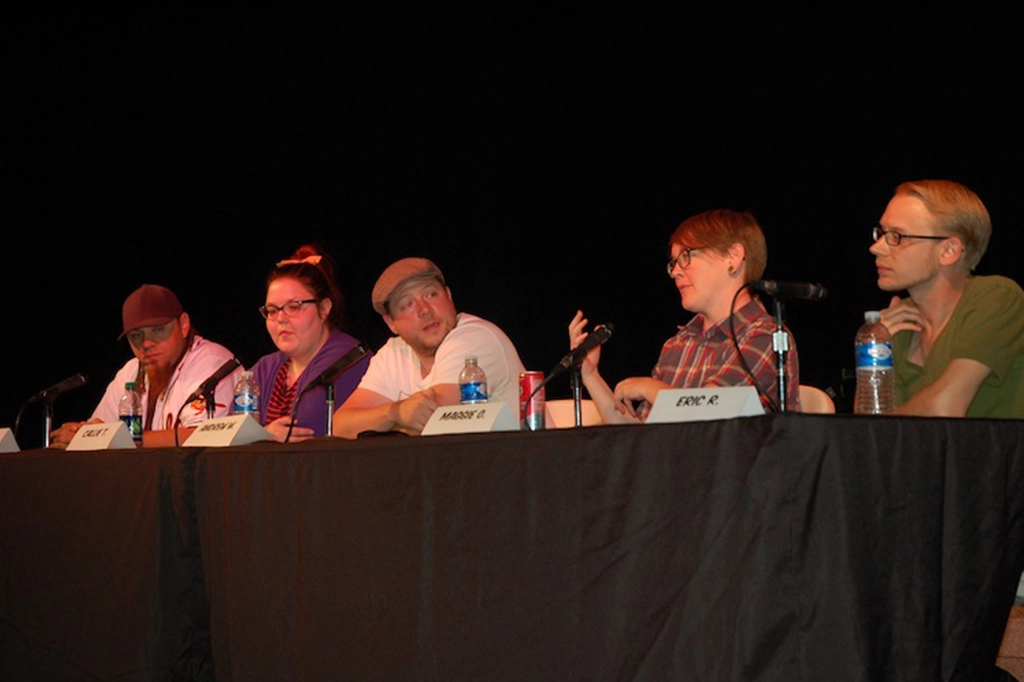
Following up on our Grad Panel post from yesterday, here is the continuation:
On the previous post, we were working our way from the best moments these fine Grads have had, and leading into how to be successful in the industry:
Andrew: Like I was saying earlier, you never know when your chance is going to come. It could be five years, one year, six months. The harder you work, the more positions you put yourself in to get lucky. Luck is going to have something to do with it. You’re going to have to get lucky.
Jeremy: And make friends.
Andrew: The more you’re around, the better your chances are to get lucky.
Eric: And also adding to that. Answer. Your. Phones. I kid you not! Please answer your phones. I can’t tell you how many people…if it’s 9 o’clock on a Saturday night, answer it. It could be Snoop Dogg, and he wants to come down to the studio to record vocals. It could be anything! Working as a studio manager, I can’t tell you how many times I’ve written off somebody because they don’t answer their phone. I’m sorry, but if I have a session that needs to be built now, I’m not going to wait ten minutes for you to call me back. I’m gonna move on to the next person. And that’s how every single producer, artist, studio manager, studio owner, whoever will operate. They don’t have time to wait for you, they’re just going to move on.
Andrew: And they’ll never call you again. It’s not that they missed out this time, they missed out forever.
Eric: And also, I know we’re getting off on a tangent here, but don’t ever answer, “Maybe, what’s the gig?”
Jeremy: Oh, no, no.
Eric: You just lost every gig then [if you ask who the client is]. As a studio manager or an artist, they don’t want you to take the gigs when they are cherry, they want you to take the gigs they give you, because they need you to prove yourself, or the just need somebody to do a gig. It doesn’t matter who it is. It’s a paying gig, and it’s doing what you want to do. It doesn’t matter if it’s any punk band from wherever, it doesn’t matter if it’s Rhianna, it doesn’t matter who it is. Just say yes. If you’re available, say yes. Of course, if you are unavailable, just say that you are unavailable, you know, if you’re on another session. It’s not like you can just leave your session. That they understand. In fact, that will make them want to call you more. If you’re literally like, “actually I’m in a session with whoever.” Oh cool, catch you next time. But if it’s like, “nah, I wanna hang at home and watch TV,” you’re never getting called again.
Becky Fimbres: That’s exactly what happened with Jeremy. We couldn’t find somebody to take this gig with Mark Linett, and I told them to call Jeremy. He [Jeremy] said, “I’m down, I got it.”
Jeremy: That’s the cool thing when they hit me up about gigs, they don’t tell me who it is. They just say “are you available for these dates?” And I just say yes. Like next week I have a two day gig in LA. I don’t know what I’m doing, or where it’s at. All I know is that it’s next Wednesday and Thursday. I have no clue. But so far I haven’t turned down a gig, every time they’ve asked me I’ve said yeah, cool. I find out the day before something, and it’s always something huge. Well, not always, there are some bad ones, but…you know, it’s work. And when you look at it like you just want to be a part of it, it doesn’t matter what gig it is. It’s experience. You never know what’s going to happen and it’s really cool. I don’t know what I’m doing next week, whatever.
Andrew: And even piling on that, once you make it out into the world, and people are paying you, you are a professional. You are a professional audio engineer. Professionals don’t just do work that they do or don’t want to do. If you’re a professional, what makes you professional is that you can do the work no matter what it is. I pretty much mix records every day, and 70% of them I may not like. But someone is paying me for a service, and since I’m a professional, I’m going to deliver that service to the best of my ability. When you get those records that are really special, and when you are working on them and you know they are really special, it makes it all worth it. It makes all the records that you did that you didn’t like completely worth it. If you want to make a living you are going to do gigs that aren’t the walk in the park gigs. You know, you’re going to be in the back of the control room thinking this person can’t sing, why are they here? It’s going to happen, but professionals do the work, they don’t ask questions, they keep their mouth shut and they do the work, and they deliver every time.
Eric: And man, if you can pull the rabbit out of the hat on one of those bad artists and make them sound golden…
Andrew: If you can look like the wizard of Oz, that will give you work. It may be a lot of work you don’t want to do…
Eric: But you will get paid for it.
Andrew: You charge for it, and that’s when you raise the rates. Like, look what I did last time!
Callie: I do the same job on a movie that no one is going to see, that I would do on a movie that is going to be #1 at the box office. It’s still my job and I do the same thing, whether it’s straight to DVD or straight to #1. That’s my work and I do it. That’s how it’s always going to happen. You might have some big ones, and you might have some duds. But you’ve got to treat it like it’s your job and you are going to do the best that you can no matter what.
Eric: I’ve worked with some big artists in my time, and right now I’m mostly working with independents, and I treat them exactly the same. Because ultimately, that’s what matters. A happy client is a happy client and that will get you more gigs.
Andrew: And if you treat your clients who aren’t as well known the same as the big time ones, it’s just like another day at the office. You don’t show up to work thinking “oh my god, I’m working with this band today, or these people and I’ve been slacking this whole time…” OK, today is today, just the same as yesterday. Just a different artist or a different song. You never want to screw up in this job, but the way you learn is by working on projects that aren’t necessarily going to see the light of day. If you’re gonna make mistakes those are the better times to make them than when you get the call to do Bob Dylan or something. You don’t want to screw up on those gigs, because everybody is going to hear you screw up. It’s a very valuable experience, extremely important experience to work on all levels of the spectrum, whether it’s independent or major.
Callie: Or for free…
Eric: Oh yeah, experience is experience. A client who is happy is a client who is happy.
Callie: You may be working for them for free right now on a record or a short film or a student project, but what if some time they hit it big? They’re going to come back to you and use you again. So yeah, when you first worked with them they were straight out of film school or whatever, and then the next thing you know they are a big director and they want to work with you.
Crowd Question: I think this question is more for Andrew. I watch Pensado’s Placeon YouTube. How did you fall under him? How did that happen?
Andrew: That’s actually a very good story. Basically, I came up at Larrabee. I was hired as an intern. I worked like two or three days a week, didn’t get paid. This studio had a full staff of six paid runners, full time runners. I don’t know how many people are familiar with Larrabee Studios, but it’s pretty much locked out with resident mixers. Manny Marroquin is in one room, Dave Pensado is in another room. The other room, which is now occupied by Jason Joshua was at the time a revolving door. Jean Marie Horvat, Tony Maserati, a lot of guys would come in there and mix. So, the studios were pretty much locked out, since with resident engineers, they had resident assistants. Their right hands, their go to guys. So you had six runners gunning for two assisting jobs basically. A lot of these runners had been there for two or three years, so that’s a long time of minimum wage, waiting for the opportunity. But when the time came for Dave to get a new assistant…Dave was very picky about the people that he works with, especially on a vibe level. The first thing he said, the most important thing is that people like you. Your personality and your personal skills are way more important than your engineering skills. That’s one of the best pieces of advice that I can give you guys. It doesn’t matter, you could be the best engineer on the planet, but if you have no people skills, you’ll never work. So, that’s kind of what had happened with these other guys that were runners, Dave just didn’t vibe with any of them. So he called a meeting with the studio manager, and he was thinking he would have to hire someone from outside the studio because it was just not working with these guys. The studio manager said “Absolutely, that’s fine. But before you do that, there’s this guy named Andrew, he works the front desk. He’s only been here for a little while and I know you don’t know who he is, but try him out. I think he may know what he is doing.” And Dave was like, OK, I’ll try him. Two days into me working with him, we got a call to mix a record in Vegas, at the Studio at the Palms, and he took me with him. He was basically like, “Alright, this is your sink or swim moment. You’re either going to do great, or you’re going to be fired when we get back.” So of course, I’m driving, and I had to drive a truck with all 7 huge flight cases of gear in the back, and I’m just like sh*tting my pants, if I screw this up, that’s going to be it. When I got there, I just knew that this was the moment. This was the fork in the road that could lead to the rest of my life. I did everything in my power to prepare for that. I spent all night learning…I mean, it’s a room that I had never seen before. I walked into the studio, never seeing any of it. The credenzas, the patch bay, I had never seen any of it. But one good thing about coming here [CRAS] is that the knowledge that you learn, be it the patch bay, or signal flow, can allow you to perform in any studio. Once I figured it out, it took me about two hours to feel the room out, but once I did that, and I realized that it’s the same patch bay, just bigger. OK, it’s ins and outs, it’s the same thing that I’ve been doing this whole time. Once, I figured that out, I kind of calmed down and cleared my head and I was able to deliver and perform. When Dave came in to do the first mix, everything was up and ready, all his gear was patched up the way he wanted it. When we got back from Vegas, he basically became my mentor. He’s like, “I’m going to teach you everything I know about how to be an engineer.” And to this day, I owe everything that I have in my life now is because of him and the opportunity that he granted me. So again, luck, but how hard I worked is what put my name into the studio manager’s mind, to say before you hire from outside of the studio try this guy. The hard work that I didn’t think that anyone was noticing, the extra time that I spent cleaning the lounge, or mopping the floor, I’m just keeping my head down doing it. I didn’t know that anyone noticed it until he called me into his office and said I know you have been doing a good job. Don’t screw this opportunity up, this could mean the rest of your life working with this guy. So that’s pretty much that.
Rachel Ludeman [internship coordinator]: OK, this kind of goes with what you are talking about. So at this point, now a few of you guys are taking on your own interns, what initially are you looking for when you have that interview with them? What makes you say “OK, I’m going to take a chance on this person”?
Eric: Attitude is probably the first one. I could teach you my studio, but I can’t really teach you how to have a good attitude. I’m also looking for something specific just because of the clientele that I work with. I tend to look for people who are more musically oriented, more of a wide variety of knowledge as far as different guitar amps, and different drum sounds, and different stuff like that. I work with mostly independent artists who come to me because they want to achieve a sound. They don’t know the first thing about how to get that sound. One thing you’ll learn is that you can put up the most amazing mics in the world, but if you have the worst player in the world, it’s still going to sound like that. Or if you have the worst sounding drum set in the world, it’s still going to sound like a crappy drum set. So I kind of look for people like that, and like I said earlier, just somebody who is just willing to work. One of my favorite guys, I just hired him a couple weeks ago… He’s in his 40s, but man this guy freakin’ works. He has never asked me “what’s the gig?” He’s always just said “sure, I’ll be there. What time? Do I need to bring anything?” No, you’re good. Cool. That’s really what I’m looking for. He just wants to work, he wants to get out there and do stuff, and he’s constantly…I actually had to have a conversation with him. He would come to me and say “Hey, how am I doing? Do you think I could do better?” And I’m like, don’t worry about that. Trust me, I’m a pretty straight forward guy, if there is something that you are doing wrong, I’m going to tell you about it. So that’s why I say that attitude is everything. Confidence is everything, but make sure that that confidence doesn’t toe the line of arrogance. I hate to say it, but I’ve seen a lot of people, specifically at Westlake, where interns come in saying “Yeah, I’m the hot shit! I’m gonna take your job next year!” And those guys crash and burn, because they don’t make friends. You’re never going to move up in the world if you don’t make friends.
Jeremy: Yeah, I would definitely say that it’s all about attitude first and foremost. If you don’t get a good vibe going, you’re screwed. We just started getting a couple interns in, and they are pretty much under me directly. The first guy we got I thought was OK, he didn’t give me too many problems, he asked some questions, he wanted to do some things. I showed him what to do and everything was OK. Next thing I know, next gig, he’s not there and we have a new intern. So I’m like OK, I didn’t know what the deal was, I didn’t ask. So I just start showing the new guy. The one thing that I’d say is, don’t talk too much. That’s what you learn here a lot. It’s pounded into your head, just sit down, shut up and watch what’s going on. And take that to heart. This guy, he’s a great guy, he does talk a lot and sometimes he is not aware of what’s around him. We were just doing the New Now Next awards for the Logo network, which is a lot of gay and lesbian pro stuff like that. Some of the performers were cross dressers, and stuff like that, and we’re sitting there on the side of the stage and he’s laughing about this and…You know, we can joke about it sometimes, but know how is around because one of them was right behind him and he’s being really loud. I’m looking at him [the intern] and I’m like, be quiet dude. Look who’s right next to you, you know? You don’t want to do those kind of things. Just kind of chill out and don’t talk so much. He comes into the truck and he wants to ask all the engineers about this stuff and he’s asking about this button and that button and what Pro Tools are you running? And it’s like, wait a minute. This is your second day here. Just sit down and shut up and watch what’s going on. If you want to ask questions, wait until we have a meal break and then ask something. You know what I mean? Just kind of be quiet and watch what’s going on. That’s all that I can really say. Don’t treat people how you wouldn’t treat your mom or something. Unless you hate your mom. No, don’t hate your mom! But treat people good, you know what I mean? Because it comes back. If you’re an asshole, nobody wants to work with you. It goes back to the same things that we’ve been saying. So if you’re going to be an intern, do everything you can do. Be pro-active. But don’t be overboard, don’t be ridiculous, blah blah blah. Nobody wants to hear it. Yeah, we already know about Pro Tools 11, we know. You don’t need to come in and try to tell us.
Andrew: Yeah, we know before you.
Eric: Yeah, to add onto something you said, one of the things that I noticed as an assistant is that one of the most important things that you learn are things that you didn’t have to ask the engineer about. Just simple quick keys in Pro Tools, or ways that he runs the console. Stuff that you are just noticing that the specific person does every time. Specific habits. Sometimes those are the most important things you can learn, because they are actually subconscious things that they do that they don’t necessarily think are a big deal to them.
Andrew: The best way to learn is to be a ninja. The best way to learn. If you get all in someone’s face asking them…you’re going to start to annoy them sometimes. The ninja style is the best way to learn. And when you are an intern, the thing that I noticed the most is the ability to be there when you’re needed and instantaneously disappear like you were never there. Even when you become a second engineer, or an assistant engineer, when you are doing sessions with big producers and big artists, essentially you are a piece of gear in the room. When they want to use you, they will call upon you. If they don’t, you’re not even there.
Eric: I used to have hiding spots.
Andrew: Exactly! Hide. Blend in like literally you are hiding in the wall, like you’re wearing the same shirt as the wall pattern. But also, you are the most observant person in the entire room. I know it seems like a lot to ask, but you have to be the most observant person in the room, but also be the most invisible simultaneously.
Jeremy: And for $45 an hour, I can teach you how to be a ninja.
Read more from this panel right here!


